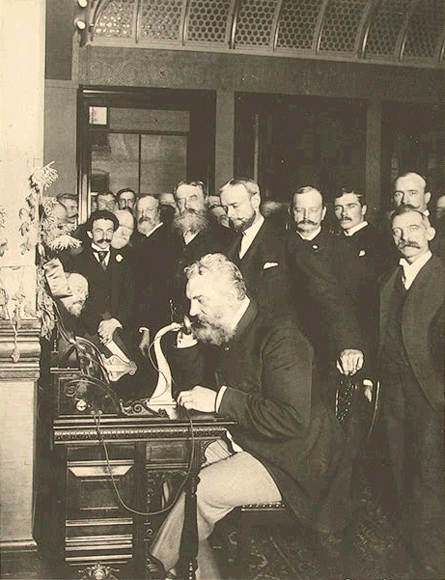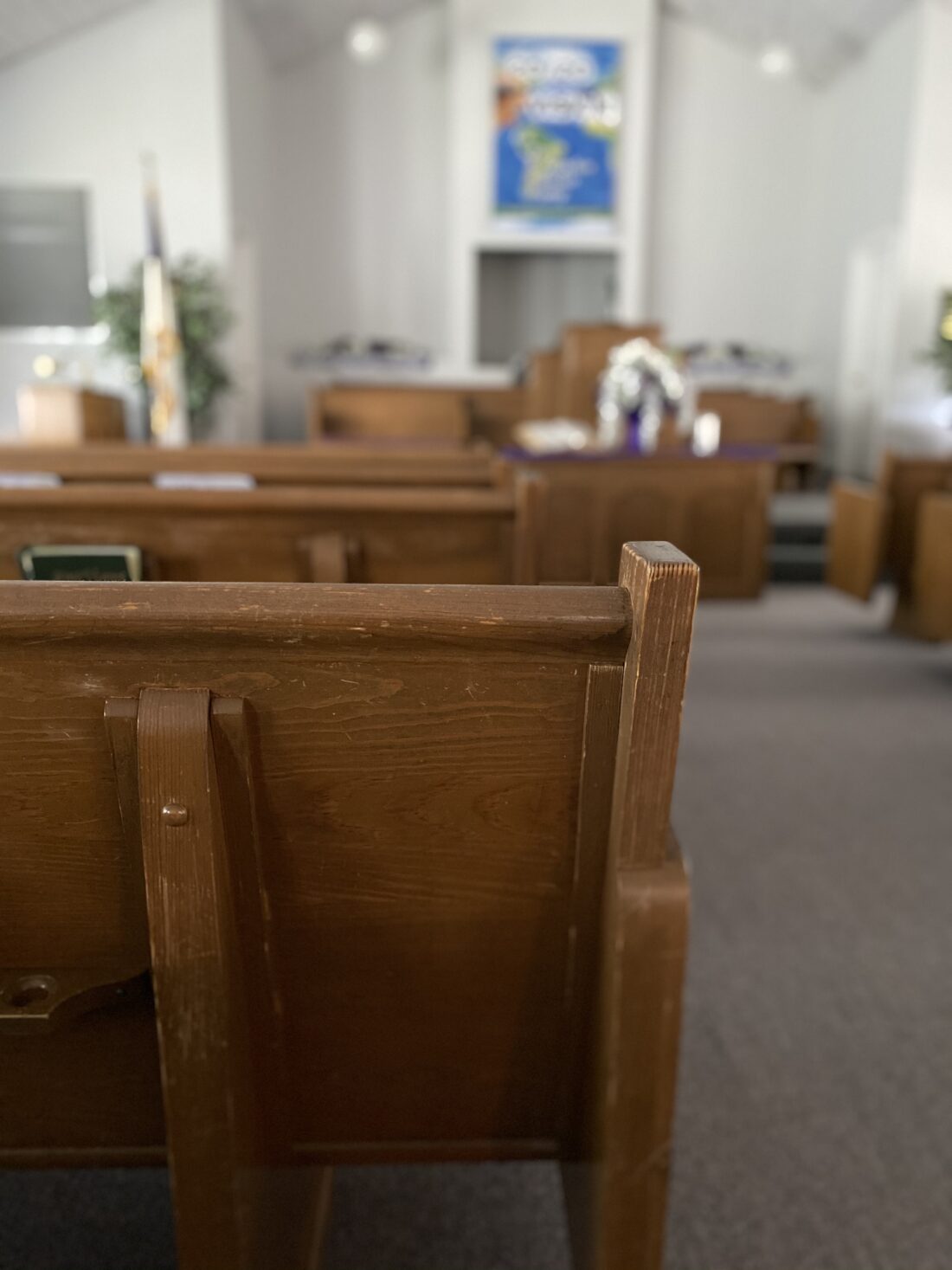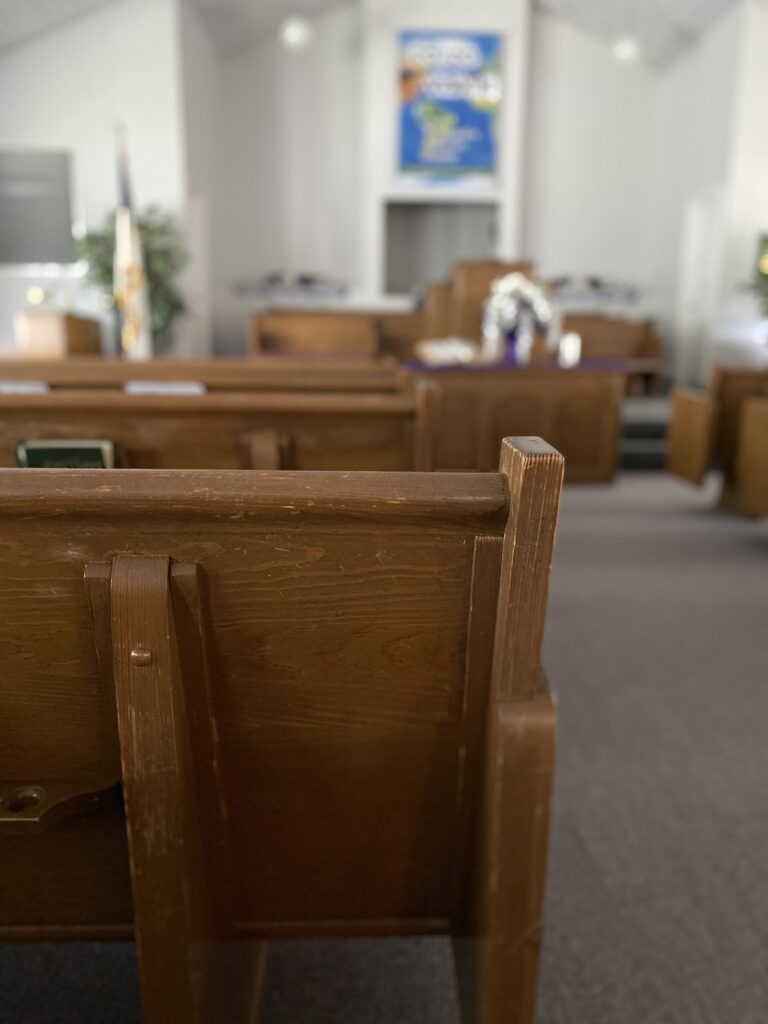1 Timothy 1:18-20
Operation Neptune Spear
Wartime is filled with special missions. Missions so important that great care is taken to keep them a secret. They are staffed with only the people critical to success, and each person is trained to have laser focus on the objective.
In May of 2011 the US Military undertook one such mission. This one to capture or kill one of the United States most wanted: Osama bin Laden. Codenamed: “Operation Neptune Spear” the mission included a group of highly train Navy Seals who entered the terrorists compound, cleared it, killed the mass murder, and left with valuable intelligence in under 40 minutes.
The mission Timothy was on wasn’t going to break the news cycle like Operation Neptune Spear did, but it was very important nonetheless.
Operation Ephesus
Paul had asked Timothy to stay in Ephesus (1 Tim 1:3), but this was more than a request. This was a specific charge, a mandate that would involve Timothy’s calling, skill, training and focus.
“This charge I commit unto thee, son Timothy, according to the prophecies which went before on thee, that thou by them mightest war a good warfare;” 1 Timothy 1:18
Mission Operator: Timothy
God had told them that Timothy would take part in this Charge. I don’t know what form this prophecy took, but it’s safe to assume that God made it very clear to his church that Timothy was meant to work for Him in the proclamation of the gospel and defense of the truth.
Mission Objective: Sound Doctrine
Timothy was to ensure that the believers in this place were taught the truth (1 Tim 1:3-4). This would be no small task. Already just a few years after the gospel was first preached in this region false teaching was making its way into churches.
Mission Resources: Faith and Good Conscience
Paul knew that this would be a war, but Timothy had the resources he needed to carryout this struggle.
“Holding faith, and a good conscience; which some having put away concerning faith have made shipwreck:” 1 Timothy 1:19
Timothy would need Faith and a Good conscience in this fight. These are the same words we discussed in 1 Tim 1:5. Paul was very concerned that Timothy keep these things as he went to battle.
Faith
This refers to the whole of what Timothy knew from scripture and from Paul’s teachings. He would need this confidence in the fight.
Paul, in writing to the church at Ephesus called faith a shield that would “quench all the fiery darts of the wicked.” (Eph 6:16) This Faith is the main line of defense against the doubt that evil forces hurl at believers. Timothy would need this confidence just as much as the people in his church.
Good Conscience
In the defense of the truth I fear that some abandon their own conscience. We can get a christian version of “the ends justify the means” and leave behind the guidance of the Holy Spirit in a vain attempt to advance the cause. This is a sure way to lose your way.
Mission History
Others had failed this charge because they lacked faith.
“Of whom is Hymenaeus and Alexander; whom I have delivered unto Satan, that they may learn not to blaspheme.” 1 Timothy 1:20
While we don’t know a lot about these men, they are used as negative examples. They abandoned God, put aside faith and good conscience leaving Paul no choice but to bar them from Christian fellowship.
Learn from examples like this, view the wreckage of their lives and ministries as a warning about a way to avoid. Preach the word, with your words and with your choices.
Your Turn
Operation Ephesus lives on wherever you are when you read this. The Gospel still needs to be proclaimed boldly, the truth is still the only place to stand. Like Timothy you will need the resources of faith and a good conscience. Many have fallen in this struggle as they give in to false doctrine and reject God.
Will you stand in this war?



